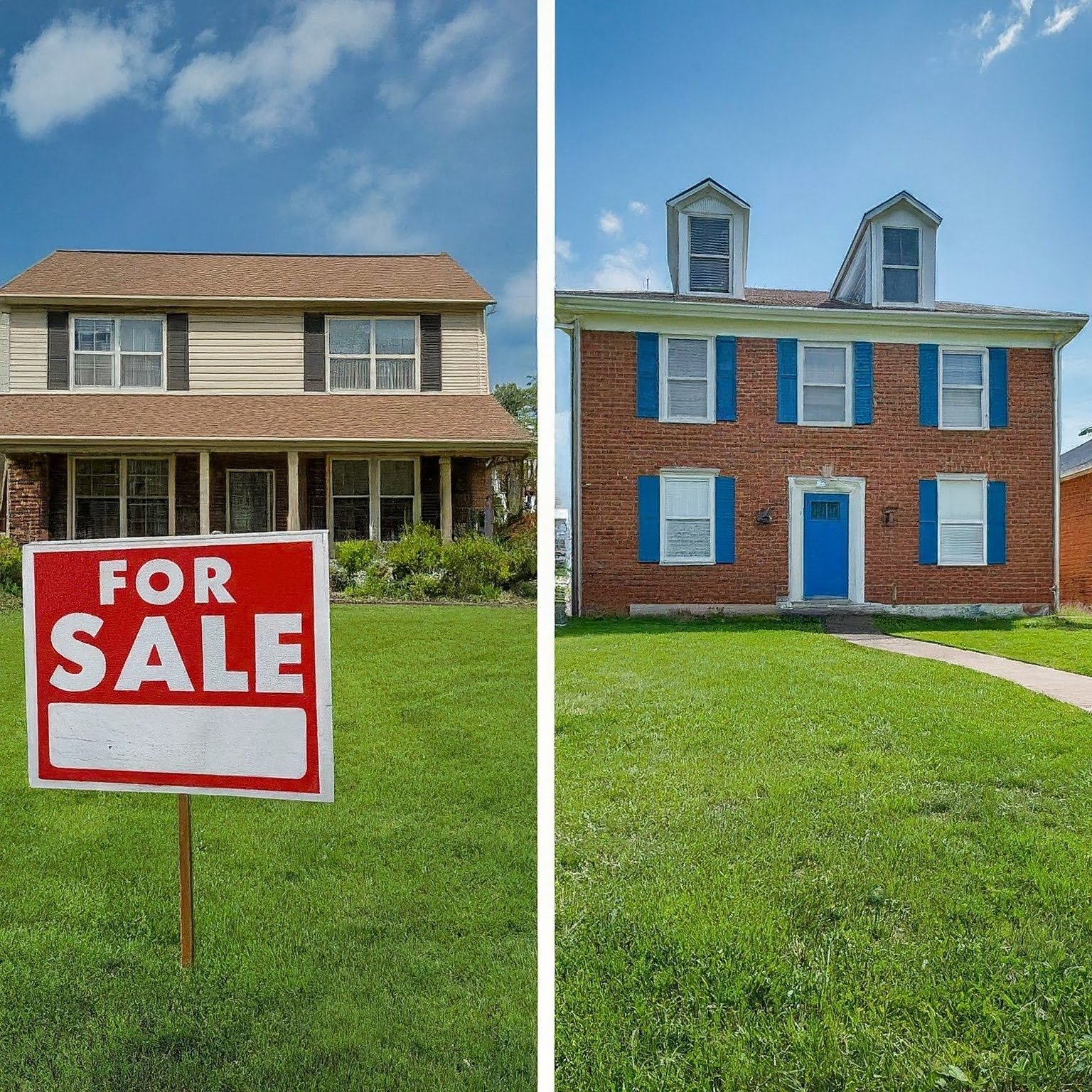Home equity lines of credit (HELOCs) have become a popular financial tool for homeowners. They offer a revolving line of credit, similar to a credit card, but with interest rates typically lower than unsecured credit options. But with rising interest rates becoming a pressing concern for many, is a HELOC still a good idea? Let’s delve into the pros and cons of using a HELOC in a high-interest rate environment, explore different HELOC options, and how some leverage them for wealth building.
Understanding HELOCs and Their Advantages
A HELOC allows you to borrow against the equity you’ve built up in your home. The loan typically has two phases: a draw period, during which you can access the HELOC funds and make minimum interest-only payments, and a repayment period, where your monthly payments will include principal and interest, gradually reducing the outstanding balance.
HELOCs offer several advantages that can be attractive to homeowners. Compared to credit cards or personal loans, HELOCs typically boast lower interest rates. This can save you significant money on interest charges, especially if you’re consolidating high-interest debt. Additionally, HELOCs provide flexibility. During the draw period, you can access funds as needed for various purposes, such as home renovations, unexpected emergencies, or even debt consolidation. There may also be potential tax benefits on the interest paid, but consulting a tax advisor is recommended to understand the specifics of your situation.
Important Considerations Before Using a HELOC
However, there are also important considerations to make before using a HELOC. Unlike fixed-rate mortgages, HELOCs come with variable interest rates. These rates are typically tied to an index and can fluctuate over time. In a rising interest rate environment, this can significantly increase your monthly payments and strain your budget. It’s crucial to factor in potential interest rate hikes and ensure you can comfortably afford the repayments even if rates rise.
https://www.federalreserve.gov/pubs/equity/help_english.htm
Furthermore, a HELOC is a secured loan using your home as collateral. If you cannot repay the borrowed funds, you risk foreclosure on your home. This can have devastating financial and personal consequences. It’s essential to be realistic about your ability to repay the HELOC before taking on this kind of debt.
Another potential pitfall is the temptation to overspend. The easy access to funds that a HELOC provides can be a double-edged sword. It’s important to have a clear repayment plan in place and avoid using the HELOC for unnecessary expenses that could lead to excessive borrowing and debt accumulation.

HELOCs During a Recession: A Double-Edged Sword
Recessions can be a complex time to consider a HELOC. On the one hand, the Federal Reserve typically lowers rates to stimulate the economy during a recession. This could potentially make HELOCs more attractive due to lower interest rates.
On the other hand, there are challenges associated with HELOCs during a recession. Lenders may tighten their lending requirements, making it harder to qualify for a HELOC, especially for borrowers with shaky credit. This can limit your access to HELOC funds even if you see them as a potential financial lifeline.
Another concern during a recession is the potential decrease in home equity values. Property values can fluctuate, and a decline in your home’s value can reduce your home equity. This, in turn, can limit your access to a HELOC or even trigger loan denial if the equity dips below a certain threshold set by the lender.
How Savvy Investors Use HELOCs Strategically
While navigating a HELOC during a recession requires caution, savvy real estate investors can leverage them strategically for wealth building. By using a HELOC for a down payment on a rental property, the rental income can ideally cover the mortgage payment and the HELOC interest on the down payment. Over time, as the investor diligently pays down the HELOC and the property value appreciates, they can access additional funds through the HELOC to repeat the process and acquire more properties. This strategy allows them to build wealth by leveraging their existing assets.
Important to remember: Real estate investing involves inherent risks. Property values can fluctuate, and rental income may not always be sufficient to cover expenses. Consulting a financial advisor is highly recommended before using a HELOC for real estate investment. They can help you assess your financial situation, evaluate the investment opportunity, and develop a sound financial strategy.
HELOC Options Beyond the Traditional
There are additional HELOC options to consider beyond the traditional variable-rate HELOC. Fixed-rate HELOCs offer predictability in monthly payments during a fixed-rate period but may come with a lower credit limit. Senior HELOCs (Reverse HELOCs) are designed for seniors 62 and above. They allow them to access a line of credit based on their home equity and receive cash payments instead of making payments. This can be a way for seniors to access additional income during retirement, but it’s crucial to understand the terms and implications of such a loan.
HELOCs vs. Cash-Out Refinance:
Choosing the Right ToolHELOCs are often compared to cash-out refinances, another way to tap into your home equity. Here’s a breakdown of the key differences to help you decide which option might be a better fit for your situation:
- HELOC: Offers a revolving line of credit, similar to a credit card. You only pay interest on the used amount during the draw period. This provides flexibility for ongoing access to funds.
- Cash-Out Refinance: Replaces your existing mortgage with a new one for a larger amount. You receive the difference in cash as a lump sum. You’ll repay the entire new loan amount with interest over the loan term. This is suitable if you need a large sum of cash upfront for a specific purpose.
HELOCs can be a good option if you need ongoing access to funds for emergencies, ongoing projects, or debt consolidation where you might not need the entire amount upfront. Cash-out refinances may be suitable if you have a specific, one-time expense in mind, such as a major home renovation.
The Bottom Line: Consult with a Financial Advisor
HELOCs can be a valuable financial tool, but careful consideration during high-interest periods is crucial. Assess your financial situation thoroughly. Consider your risk tolerance, repayment plans, and how potential interest rate fluctuations could impact your budget. Remember, a HELOC is a loan, and you’ll eventually be responsible for repaying the borrowed funds plus interest. Consulting with a financial advisor can be highly beneficial. They can help you determine if a HELOC is the right strategy for your financial goals and guide you through the process of choosing the most suitable HELOC product based on your specific needs.

Leave a Reply